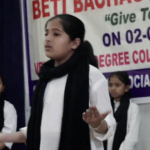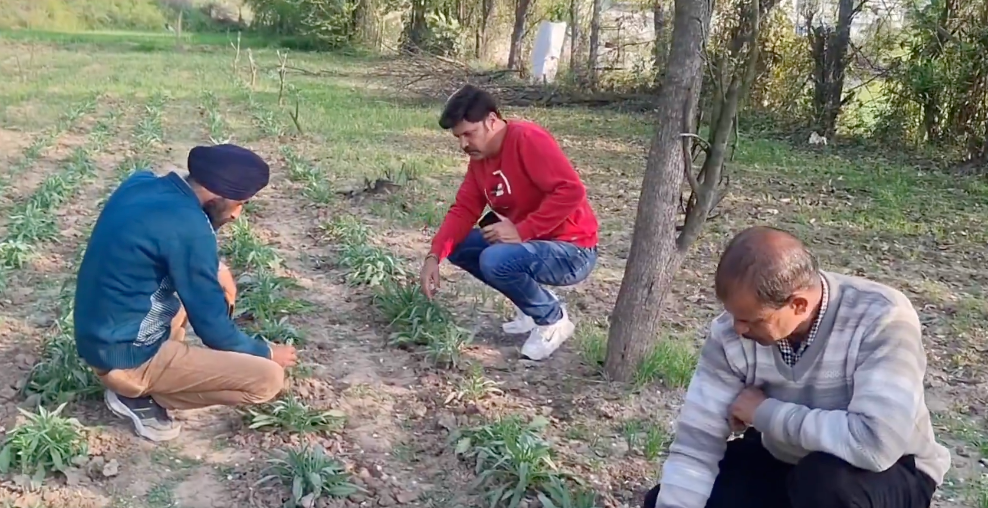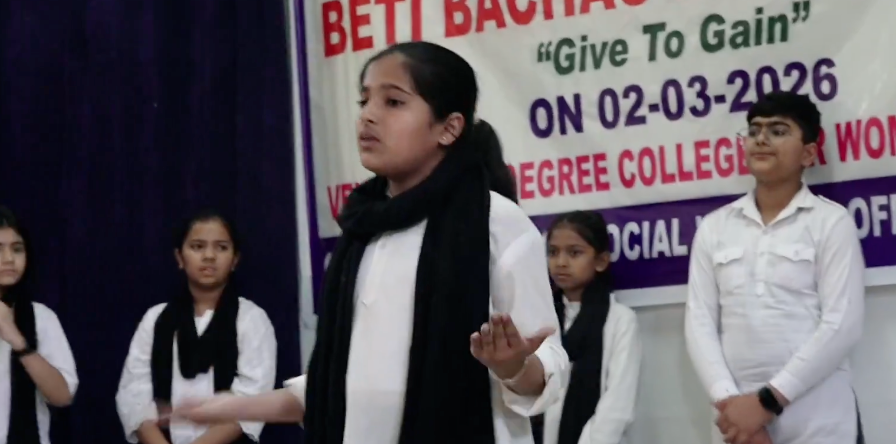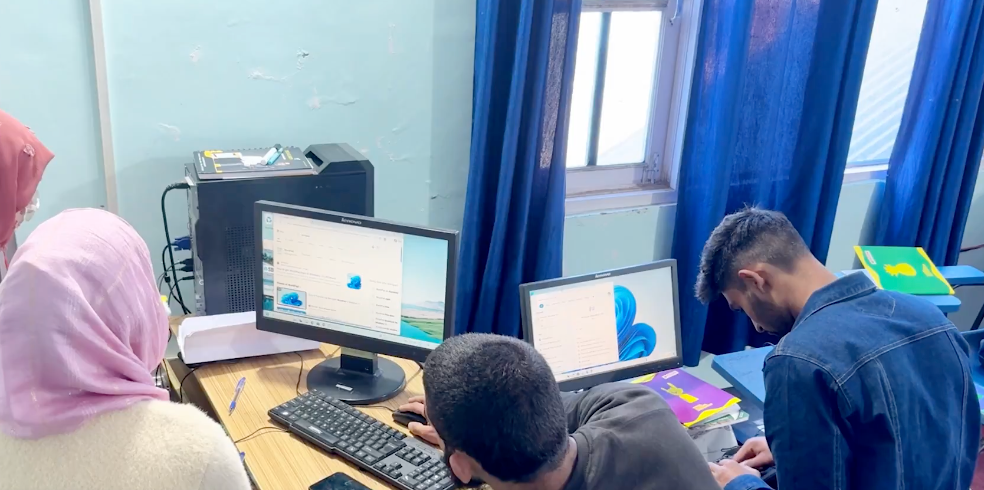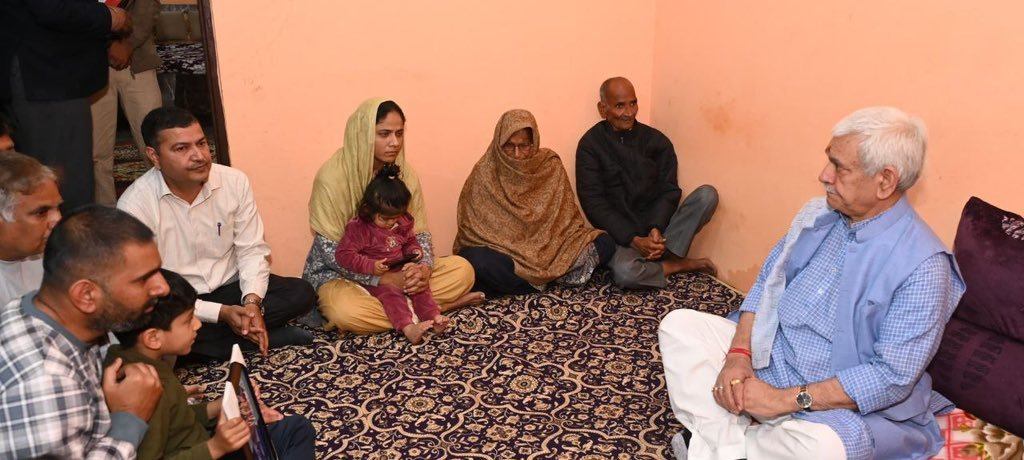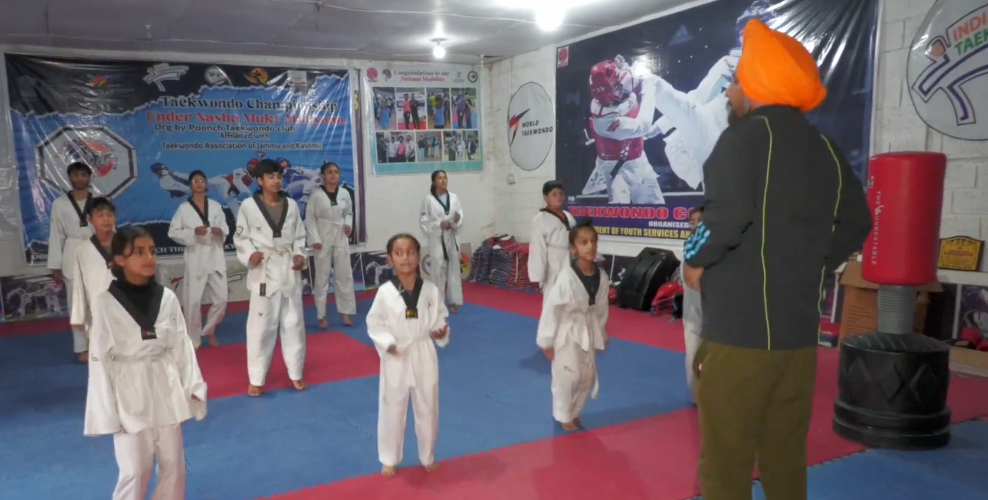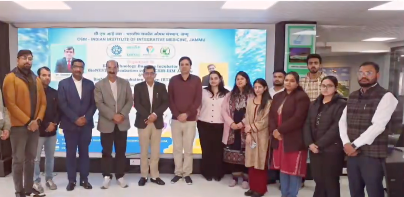Srinagar, September 11, 2025: Jammu and Kashmir Lieutenant Governor Manoj Sinha hailed the newly implemented criminal laws as a reflection of India’s collective vision for justice during a public awareness program at J&K Police Public School, Bemina. Addressing the gathering, Sinha emphasized that the Bharatiya Nyaya Sanhita (BNS), Bharatiya Nagarik Suraksha Sanhita (BNSS), and Bharatiya Sakshya Adhiniyam (BSA), which replaced the colonial-era Indian Penal Code (1860), Code of Criminal Procedure (1973), and Indian Evidence Act (1872), mark a historic shift toward a victim-centric and equitable justice system.The Lieutenant Governor described the new laws as pro-people and pro-justice, designed to ensure complete justice for all, with a special focus on protecting the rights of women and children. “Justice is the foundation of any society, and these new criminal laws are the pillars of justice which propagate equality and impartiality. The objective is to guarantee justice for everyone,” Sinha stated. He highlighted that the laws were crafted after meticulous consultations, incorporating feedback from states, union territories, and stakeholders since 2019, under the guidance of Prime Minister Narendra Modi and Home Minister Amit Shah.
Manoj Sinha underscored that the new legal framework strengthens India’s policy of zero tolerance against terrorism, defining terrorism explicitly as acts threatening national unity, public safety, or peace. He noted that these measures will help eliminate terrorism from society, particularly in Jammu and Kashmir, which he said had suffered from a lack of a robust criminal justice system for decades. The laws also abolish the colonial system of oppression, replacing it with a focus on restorative justice, rehabilitation, and reintegration of offenders into society.A key feature of the new laws is the emphasis on forensic investigation, making it mandatory for serious crimes to enhance the credibility of the judicial process. The Bharatiya Sakshya Adhiniyam modernizes evidence collection by incorporating digital documentation and forensic advancements, ensuring transparency and accountability. Sinha also praised the J&K Police for their role in implementing these laws, including filing the first FIR under the new framework, and urged continued public awareness campaigns in collaboration with departments like Education, Social Welfare, and Legal Services Authority.
The Lieutenant Governor reviewed the implementation of these laws in a high-level meeting on January 9, 2025, focusing on capacity building and training for police and other officials to ensure effective enforcement. He directed authorities to conduct a comparative study of the pre- and post-implementation eras and to prepare a calendar for public awareness camps in local languages like Dogri and Kashmiri.Sinha’s remarks reflect a broader vision of transforming India’s criminal justice system, moving away from the colonial mindset to one rooted in human rights, individual freedom, and societal improvement. “For the last three decades, Jammu and Kashmir lived in a dark age where there was a lack of a proper criminal justice system. Today, the system has been made active and accessible, ensuring that everyone gets justice,” he concluded.


